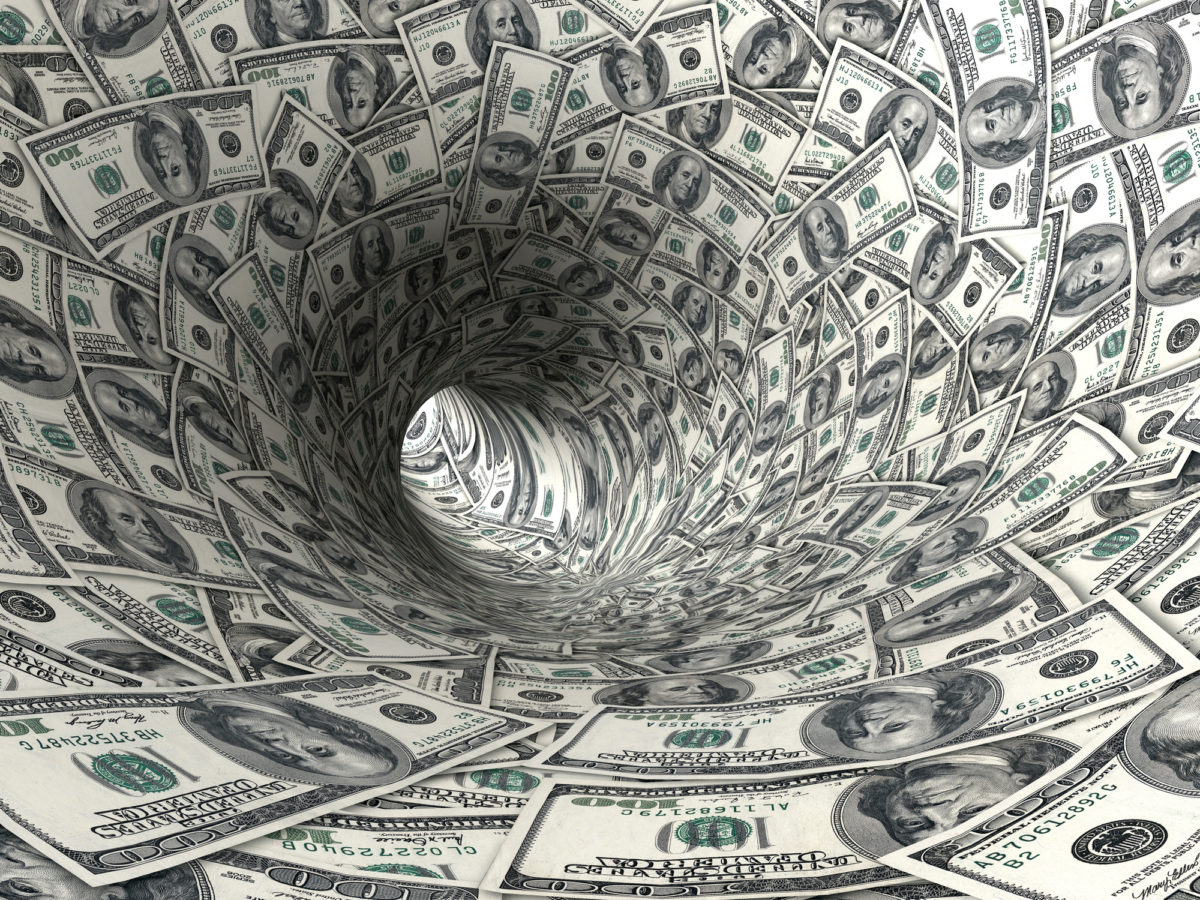
Building wealth while managing an estate requires considerable time and investment, but occasionally, fortune smiles upon hard-working financiers and entrepreneurs in the form of an unexpected windfall. Windfalls come in many forms, such as inheritances, legal settlements, bonuses, lottery winnings, and business sales, yet they bring about a similar set of possibilities—and concerns—for those lucky enough to receive them. Though tempting to squander a windfall on flashy extravagances or luxury vacations, strategic decision-making can turn this surprise cash into a long-term source of wealth and wish fulfillment. Here are several tips to consider before deciding how to capitalize on your windfall.
Hire an Accountant, Lawyer or Tax Consultant

A sudden influx of money often comes with scrutiny from external sources. Inheritances can be targeted by debtors or other family members; winnings or bonuses can fall victim to heavy taxation; and legal settlements can become subject to appeal or prolonged litigation. Before splurging, consult with an accountant, lawyer or tax consultant to determine the projected size of your cash windfall. Doing so will help you avoid spending more than you take in so that your unexpected income doesn’t become a painful budgetary miscalculation later on.
Prioritize Your Wish List

Once you’ve developed a clear picture of how substantial your windfall will be, start creating a wish list of items and prioritize them in order of personal importance. If you intend to make big purchases, which type of investment do you value most? Do you want to buy a vacation home, or secure your dream car? Do you view your windfall as a chance to buy something extraneous, or do you want to invest it in something more sustainable and profitable? It’s important to sort through these questions first because answering them concretely is crucial to moving your plans forward with confidence.
Process Your Emotions

Take a pause to process the ensuing emotions you feel after receiving unanticipated cash. People who run into unforeseen income typically experience a combination of elation and relief (or in the case of inheritances, intense grief and loss), and the intensity of these emotions can be surprisingly inhibitive toward making wise financial decisions. As a way of clarifying your thinking, speak to your family and advisors about how best to proceed with the funds; articulating and exploring ideas will enable you to arrive at a more prudent spending plan, one you and your closest relations can feel satisfied with.
Invest in Tangible Assets, Save, or Pay Off Debts

Not all investments are created equally. Using your windfall to purchase property has the potential to grow your windfall’s value over time, whereas driving off the lot in a new sports car means your investment will likely depreciate in the long haul. Since they don’t happen often, windfalls should be used judiciously to secure tangible assets (such as real estate), establish emergency funds, save for your child’s college education, invest in yourself, or pay off any persistent debts you might owe to lenders. As much as they are a chance to indulge, windfalls can also represent a chance to get ahead and stay ahead financially. Don’t throw away the opportunity!
Don’t Be Afraid to Splurge a Little

After sorting through your emotions, developing a solid spending plan, and eliminating outstanding debts, you should not feel guilty using a portion of your windfall to treat yourself. Go on that long-awaited family vacation or take your significant other on a luxury cruise. Upgrade your vehicle to the latest model, remodel your kitchen and bathroom, or consider moving into a more spacious house in a classier neighborhood. Life is short after all, and windfalls—when used wisely—can provide a much-needed reprieve to the everyday stresses of staying afloat financially.

